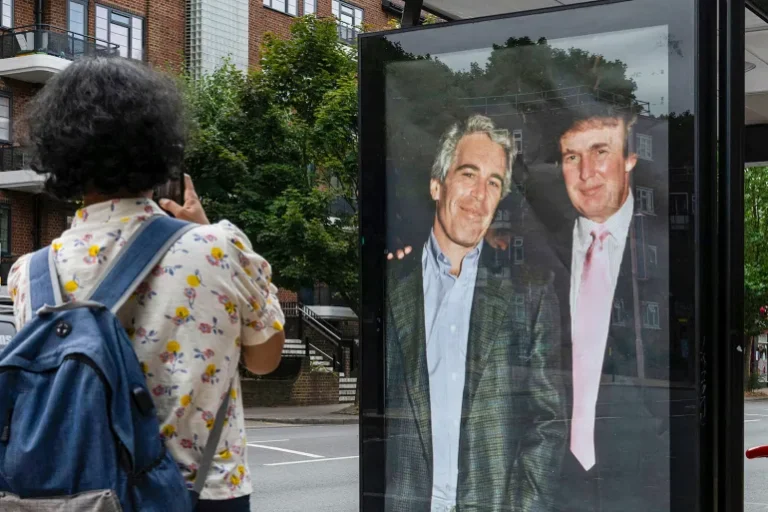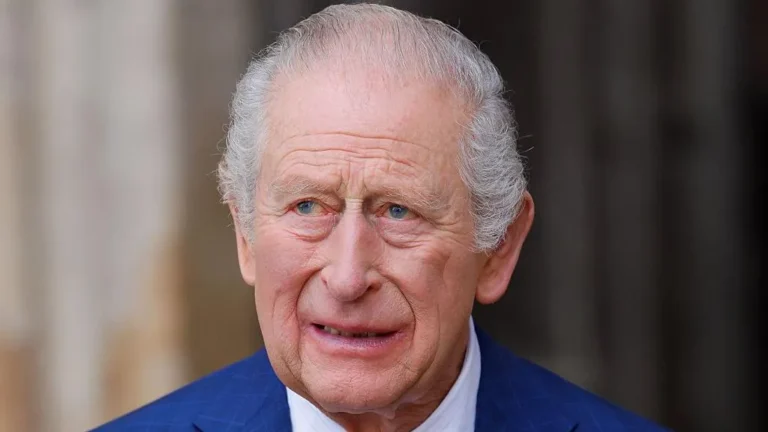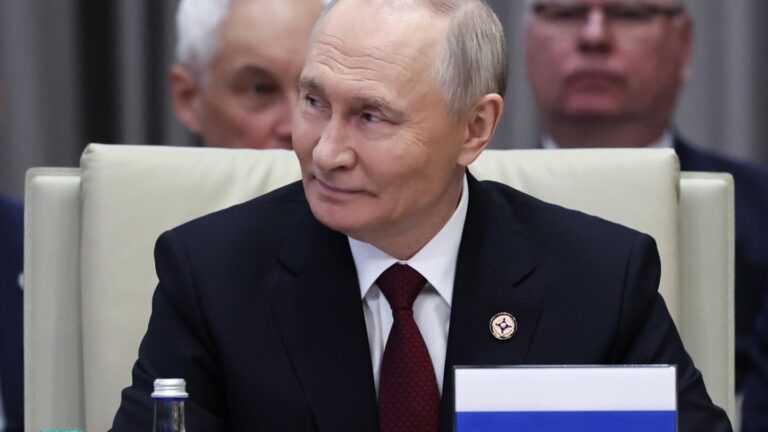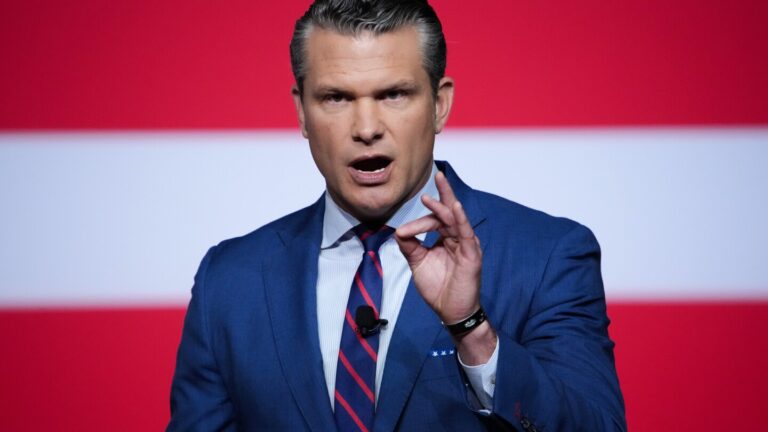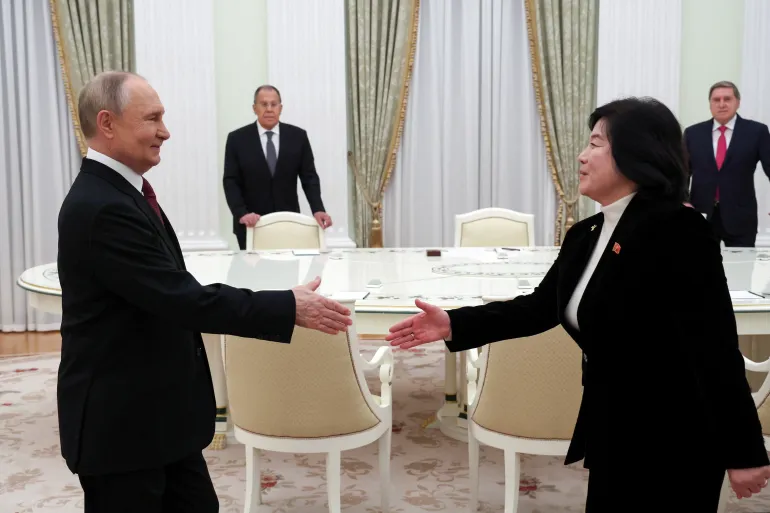
Putin and Choe Reaffirm Growing Russia–North Korea Alliance
Russian President Vladimir Putin met with North Korea’s Foreign Minister Choe Son Hui in Moscow on Monday, underscoring the rapid deepening of ties between the two heavily sanctioned nations. The meeting, held inside the Kremlin, signals continued military and political cooperation as both countries face isolation from Western powers.
Putin praised the progress of Russia–North Korea relations, saying they were developing “according to plan,” while conveying his regards to North Korean leader Kim Jong Un. In response, Choe delivered Kim’s “warm wishes” and emphasized the “spiritual closeness” shared by the two countries.
The talks were attended by Russia’s Foreign Minister Sergey Lavrov, marking another step in a series of high-level exchanges that have taken place since the signing of a 2024 defense pact between Moscow and Pyongyang. The agreement obliges both nations to provide mutual military support in case of external aggression — a move that has alarmed Western governments.
Military Cooperation and Global Repercussions
Since the pact’s signing, North Korea has reportedly deployed around 10,000 troops to support Russia’s war effort in Ukraine. Estimates from Seoul and Kyiv suggest that at least 600 North Korean soldiers have died in combat. Pyongyang acknowledged the deployment earlier this year, framing it as a contribution to reclaiming strategic regions lost during Ukraine’s counteroffensive.
North Korean state media recently celebrated these troops at a ceremony in Pyongyang, where Kim Jong Un inaugurated a museum honoring fallen soldiers. During the event, Kim described the deployment as “the beginning of a new history of militant solidarity” with Russia and declared that the alliance between the two nations was “invincible.”
Putin, in turn, praised North Korean soldiers as “courageous and heroic,” vowing that Russia would never forget their sacrifices. His remarks followed a September meeting with Kim in Beijing, where the leaders participated in a military parade hosted by Chinese President Xi Jinping.
ALSO READ: Milei Wins Argentina Midterms, Strengthens Austerity Mandate
The growing partnership has drawn sharp criticism from the United States and its allies, who accuse Moscow of sharing sensitive military and satellite technology with Pyongyang. U.S. officials have warned that such cooperation could escalate regional instability, particularly as North Korea continues to expand its ballistic missile and space programs.
While the Kremlin dismisses Western accusations as politically motivated, analysts believe the partnership provides mutual benefits: Russia gains manpower and tactical support for its ongoing conflict in Ukraine, while North Korea secures access to resources, technology, and diplomatic backing against international pressure.
As global divisions deepen, the strengthening of the Moscow–Pyongyang axis reflects a broader realignment of power, where authoritarian states are forging closer military and economic partnerships in defiance of Western sanctions.
For Putin, the meeting with Choe Son Hui reinforces a message of resilience — that Russia’s global influence endures despite isolation. For Kim Jong Un, it signals recognition and partnership at a time when his regime seeks legitimacy and strength on the world stage.
The relationship, built on shared opposition to Western dominance, continues to evolve into one of the most consequential alliances shaping today’s geopolitical landscape.

